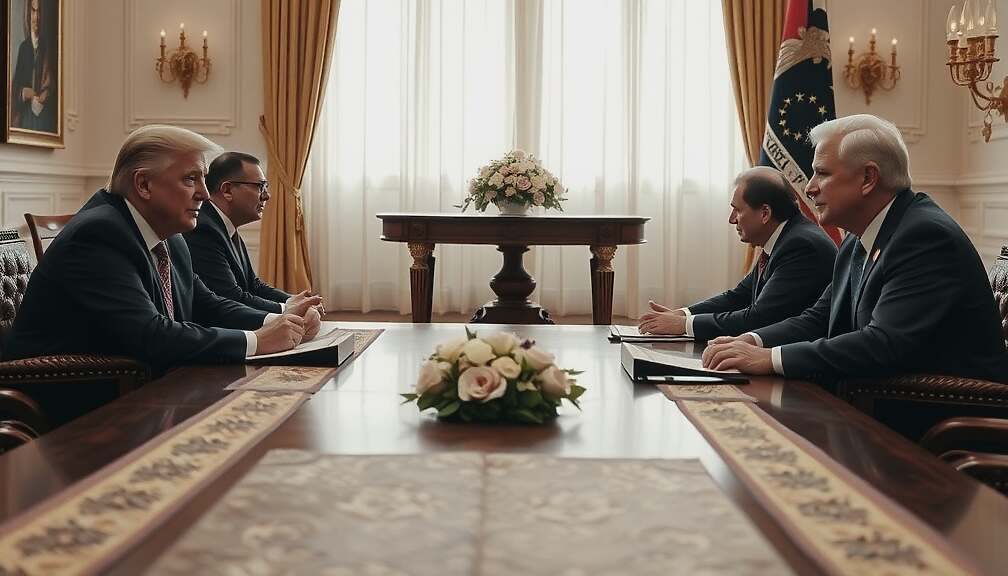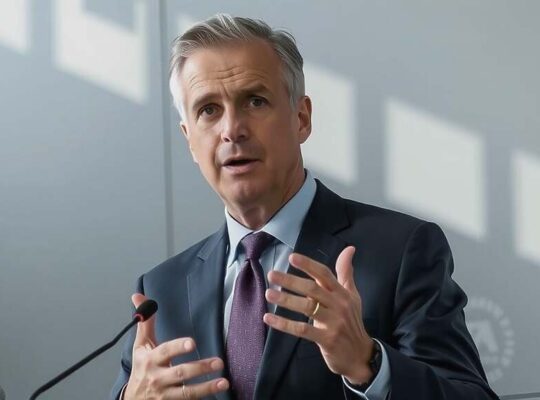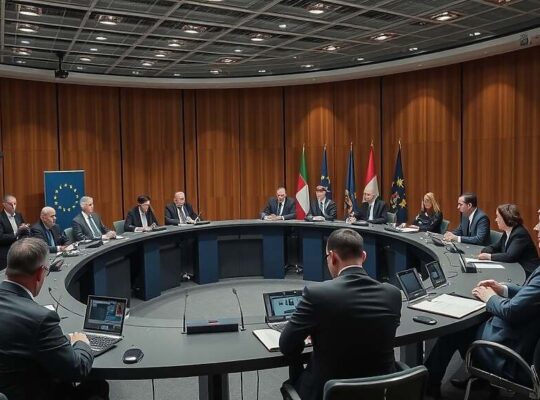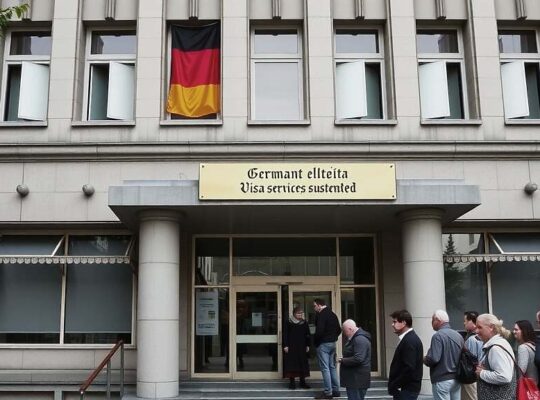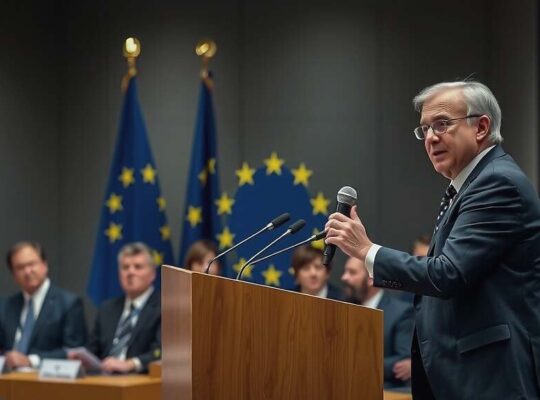The Hungarian Prime Minister, Viktor Orbán, received a conspicuously warm welcome at the White House on Friday, a reception that signaled a deepening, albeit complex, political alignment between his government and the former US President, Donald Trump. Instead of the standard Oval Office setting, the customary press conference was held at a formal table, suggesting a deliberate move towards a more informal – and arguably, a more personal – exchange between the two leaders, reportedly including a shared lunch.
Trump outlined the intended scope of the discussions, citing trade, Russia and Ukraine and energy prices. However, the occasion was notably leveraged for a domestic political messaging opportunity. Trump used the platform to tout perceived economic benefits within the United States, emphasizing reduced Thanksgiving costs as a demonstration of his past administration’s success, effectively appealing to his base with promises of similar outcomes should he return to office.
Orbán seized the opportunity to air grievances regarding the European Union’s migration policies, characterizing them as “absurd”. He highlighted the financial penalties imposed on Hungary for its efforts to restrict migration, eliciting a supportive nod from Trump. Orbán further underscored Hungary’s perceived uniqueness within Europe, framing its government as a “Christian” anomaly, a point that resonates with Trump’s own political rhetoric and appeals to conservative voters.
The visit appears strategically motivated by Hungary’s continued reliance on Russian energy imports, particularly in light of US sanctions. Analysts suggest Orbán’s presence in Washington is likely aimed at securing a special exemption or accommodation regarding these sanctions, mitigating the economic repercussions on Hungary’s energy sector. This request, coupled with the pronounced ideological alignment displayed during the meeting, raises concerns about a potential undermining of European Union policy and a growing rift between Hungary and its EU partners. The exchange represents a calculated move by Orbán, seeking crucial external support while simultaneously reinforcing his image as a defiant voice challenging the established political orthodoxy within the European Union and potentially furthering a trans-Atlantic partnership rooted in shared, if controversial, political values.


